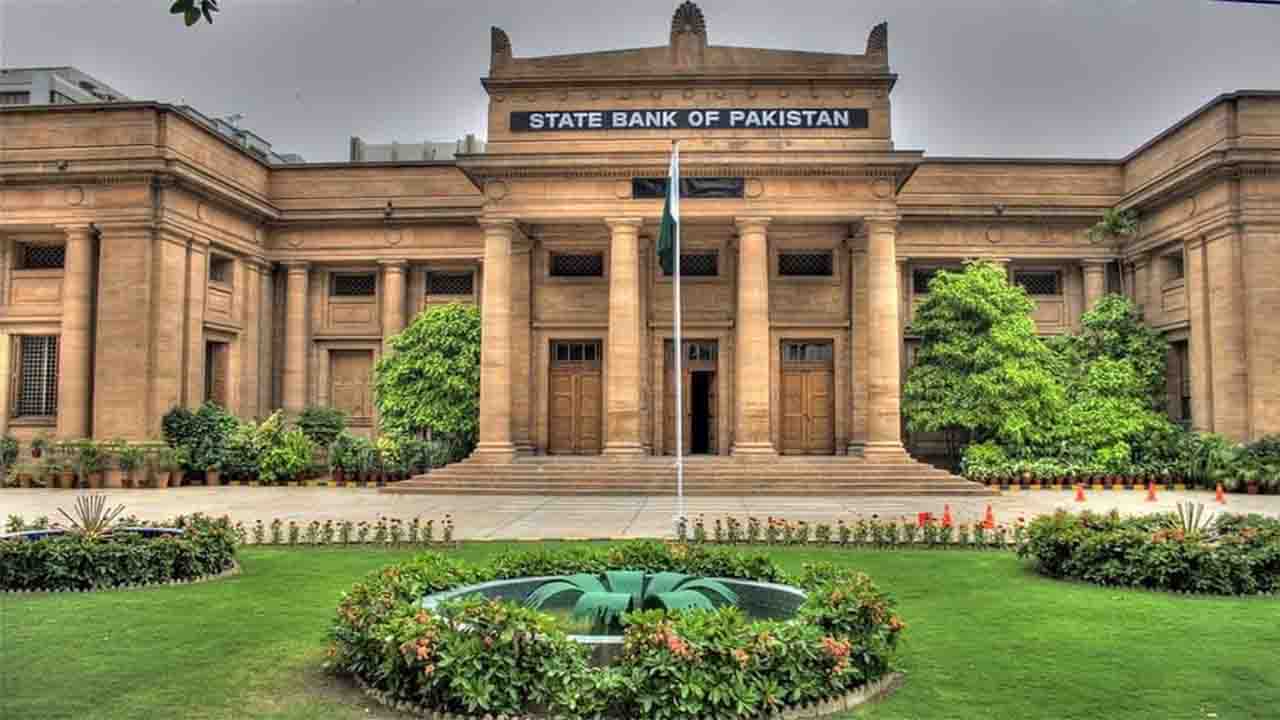Pakistan (Commonwealth Union)_ According to the State Bank of Pakistan (SBP), the mounting debt, both internal and external, in Pakistan has surged to an astonishing Rs 64 trillion, a figure that translates to an individual debt liability of 250,000 rupees for every Pakistani citizen. The SBP recently released statistics concerning loans obtained by the federal government, revealing that in August 2023 alone, the federal government acquired a substantial new loan of Rs 2.218 trillion.
Consequently, this has amplified the magnitude of local loans to Pakistan by 24%, amounting to Rs 39.792 trillion. Simultaneously, the external debt burden on the nation has expanded by 39% to Rs 24.175 trillion. Notably, the SBP’s data underscores a disconcerting 44% increase in the federal government’s debt servicing costs, totaling Rs 1.534 trillion within the initial two months of the current fiscal year.
Pakistan’s escalating debt crisis poses a significant threat to its economic stability. The exorbitant cost of servicing this debt exerts substantial pressure on the government’s budget, constraining its ability to allocate resources to vital sectors like education and healthcare. Despite concerted efforts by the government to alleviate the country’s debt load, progress in this regard has remained elusive thus far. Earlier this year, the Pakistan Democratic Movement (PDM) government unveiled a fresh austerity plan aimed at curbing the fiscal deficit and mitigating the debt burden.
Moreover, recent developments have seen a noteworthy reduction in the trade deficit, narrowing it to $ 5.3 billion during the first quarter of the fiscal year 2023-2024, marking a 42% decline compared to the same period the preceding year. This decline can be attributed predominantly to a substantial decrease in imports. Furthermore, Pakistan grapples with persistently high inflation, recording a year-on-year inflation rate of 31.4% in September, up from 27.4% in August. These economic challenges underscore the urgency of addressing Pakistan’s burgeoning debt and fiscal pressures for the sake of its long-term financial stability.








